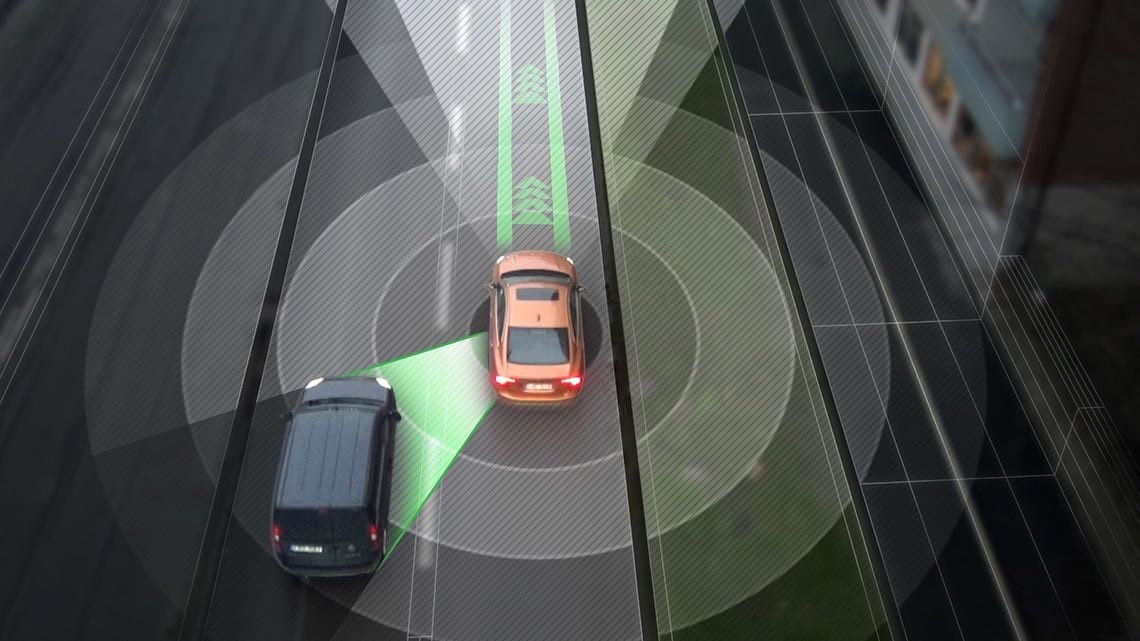Will Autonomous Vehicles Kill The Auto Insurance Industry?
The insurance industry is set for some exciting times right ahead but after that, things could become ugly. Technological advances have found their way into the automobile industry and this is changing how insurance companies assess the risk profiles of motorists and their vehicles. The emergence of autonomous vehicles has shifted the focus of insurance companies towards technology related products.
Self-driving and highly tech-featured vehicles now harbor exposures to technological malfunctions and cyber crime, and this has forced motorists to adjust their auto insurance coverage to cater for the same. As such, getting a better deal on car insurance is becoming more complex than before with insurers providing a complex mix of features in their products in a bid to addressing the latest advances in car tech.

Now let’s take a deeper look at how the auto insurance industry will be disrupted by innovative technologies in the automobile industry.
How car-tech will change the auto insurance industry
Whenever we talk about tech and cars, the first thing that comes to mind is Elon Musk’s Tesla (Nasdaq: TSLA). However, more auto manufacturers have also joined the club of electric cars as the push towards a world free of gasoline cars continues. Nonetheless, owning an electric car instead of a gasoline car does not necessarily affect your auto insurance.
Instead, it is the increase in the number of tech-featured vehicles that are likely to flip the auto insurance industry. Currently, most vehicles already have one or two autonomous features with cruise control and auto packing being the most popular. There are others that also have drift sensors to detect when a vehicle is about veer off to a different lane effectively warning the driver.
These features are just the tip of what could come in the next few years. Semi-autonomous vehicles have already hit the road while there are several pilot projects for completely autonomous cars. These projects have shown immense success and analysts are already predicting that in the next 15-20 years at least a quarter of all cars will be autonomous.
This issue raises some concerns for the auto insurance industry, which has for several years, relied on personal auto insurance for revenues. According to statistics, 90% of all road accidents are caused by human error. Autonomous vehicles could, therefore, eliminate what appears to have been the cash cow of the auto insurance industry.
Initially, the insurance industry could benefit significantly from increased premiums due to the additional risks attached to autonomous vehicles. One of the biggest risks that autonomous vehicle owners seek to insure against is cyber-hacking. And given the fact that most of the current autonomous vehicles are semi-autonomous means that motorists still should get personal auto insurance in addition to insuring against cyber-hacking and other tech-related hazards.
In addition, the emergence of semi-autonomous vehicles also means that automobile manufacturers could be liable to some level of risks associated with their vehicles. For instance, there have been cases where accidents have been attributed to the autopilot feature in autonomous cars. This implies that some of these manufacturers will be looking to take insurance cover against such incidences thereby creating another revenue stream for the auto insurance industry.
However, fears are that once most of the cars in the automobile industry become autonomous, then the rate of road accidents due to human error will decline significantly. This will seemingly eliminate one of the most reliable revenue streams in the auto insurance industry. The main cause of accidents will most likely be due to mechanical itches or a failure in the autonomous driving system, in which case, the manufacturers will be liable.
But based on recent developments, most autonomous vehicle manufacturers seem rather confident in their autonomous driving systems with some having no issues getting insurance for their self-driving vehicles. As reported by BetaNews, “Volvo is already on board with this approach and is so confident in its technology that CEO Håkan Samuelsson plans to accept liability for its driverless cars when in autonomous mode.”
On the other hand, Tesla has already started incorporating insurance cover in its pricing models as it anticipates a full rollout of autonomous cars in the near future.
Therefore, the auto insurance industry is set for exciting times ahead but thereafter, it remains to be seen how it will cope with the inevitable changes in the automobile sector.
Disclosure: The material appearing on this article is based on data and information from sources I believe to be accurate and reliable. However, the material is not guaranteed as to accuracy nor does ...
more



Quite possibly!